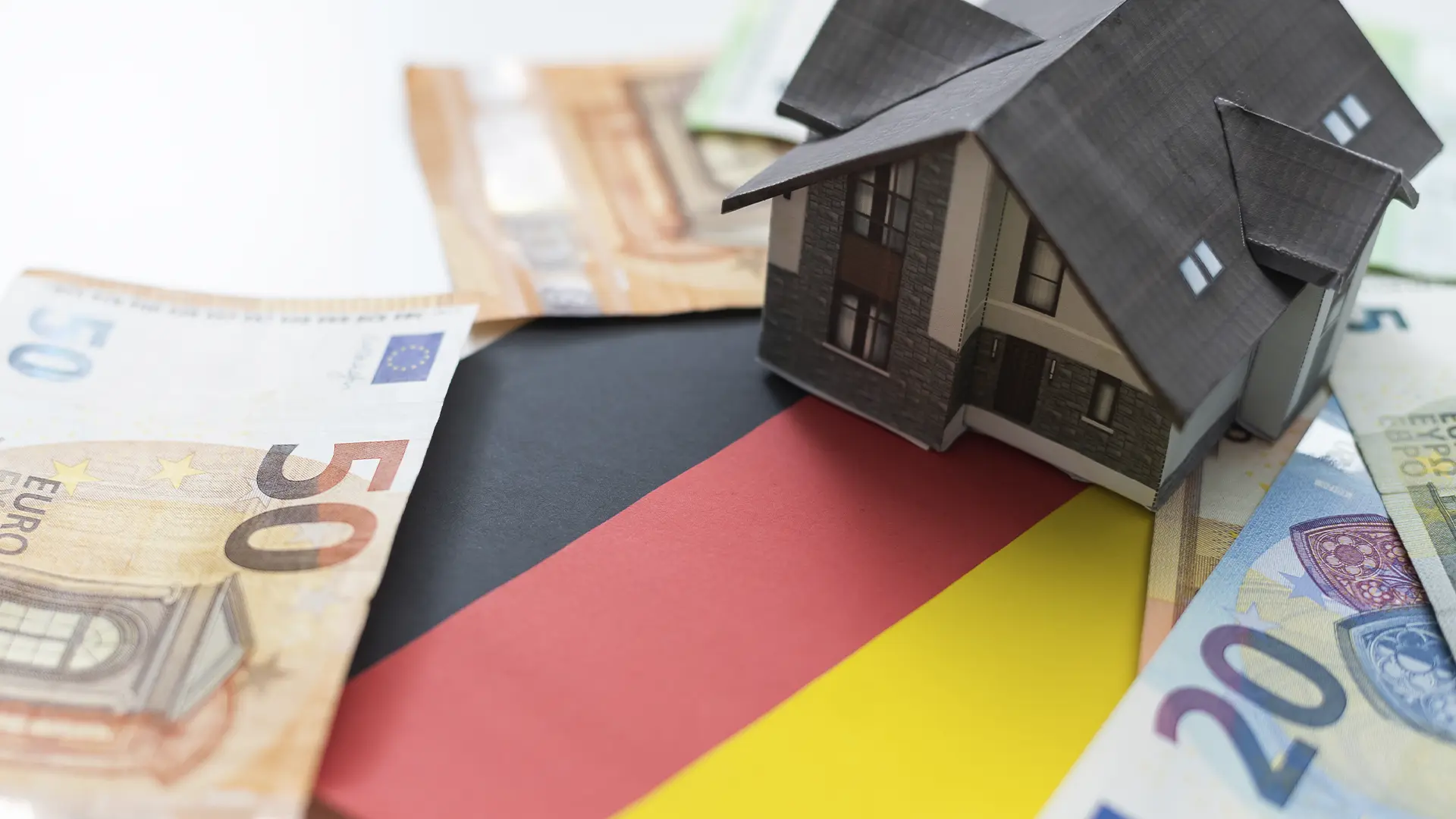Navigating the German real estate market as a foreigner can feel like stepping into another world — especially when you’re met with unfamiliar terms like Grundbuch, Hausgeld, or Teilungserklärung. For expats looking to rent or buy property in Germany, understanding the key terms used in listings, contracts, and legal documents is essential.
If you’re considering buying property, we strongly recommend reading our Step-by-Step Guide to Buying an Apartment in Germany, where you’ll find a full breakdown of the buying process along with these terms in action.
In this article, we’ll walk through the most important vocabulary every expat should know before diving into the property market — whether you’re renting, buying, or just browsing.
Grundbuch (Land Register)
The Grundbuch is the official land register in Germany. It records who owns the property, any existing mortgages, easements (rights of use), or restrictions on the property. Before purchasing, your notary will check this document to ensure the title is clear.
Eigentumswohnung (Condominium Apartment)
An Eigentumswohnung is a privately owned apartment within a shared residential building. When you buy one, you also purchase a share of the building’s communal areas — such as stairwells, gardens, and hallways.
Sondereigentum vs. Gemeinschaftseigentum
-
Sondereigentum refers to the parts of the property you own exclusively (your actual apartment, for example).
-
Gemeinschaftseigentum covers everything shared with other residents — roof, facade, elevator, etc.
These distinctions are crucial for understanding who pays for what in terms of repairs and renovations.
Hausgeld (Monthly Maintenance Fee)
This is a monthly fee paid by apartment owners to cover the cost of shared services, maintenance, building insurance, cleaning, and contributions to the Instandhaltungsrücklage (reserve fund for repairs).
Teilungserklärung (Declaration of Division)
This is the official document that outlines how a building is divided into individual units and shared areas. It’s legally binding and details your ownership share and responsibilities. It’s especially important for buyers of Eigentumswohnungen.
Makler (Real Estate Agent)
A Makler is a real estate agent or broker. In Germany, the commission (Provision) is often split between buyer and seller — but this can vary by region. Always clarify the commission structure before working with an agent.
Notar (Notary)
All property sales in Germany must go through a Notar, who prepares the sale contract, ensures both parties understand it, and submits documents to the land register. The notary is a neutral party and required by law.
Final Thoughts
Understanding real estate terms is a critical first step toward confidently entering the German housing market. Whether you’re planning to rent or buy, knowing the legal and practical language will help you avoid costly misunderstandings.





